Corporate activities and political ties are under threat from the Islamic State in Iraq
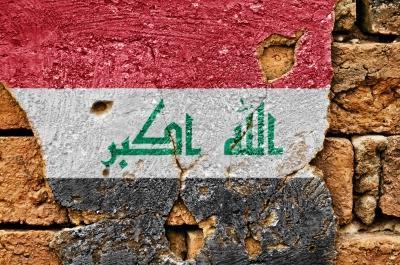
The rise of the Islamic State in Iraq is reshaping the political risk landscape in the region, but immediate effects of the Iraqi crisis have already been felt by corporates with interests in the oil and gas and financial sectors.
The crisis in Iraq has developed since the Shiite Muslim government took power after the US removed Saddam Hussein’s Sunni government more than a decade ago, to the anger of the Sunni population.
Formally known as the Islamic State of Iraq and the Levant (ISIS), the Islamic State has expanded its territorial control into neighbouring Syria as it pursues a violent campaign against Shiites and Western influence in the Middle East.
The terrorist group controls much of Iraq and captured one of the country’s oil refineries in June. Shortly after, US president Barack Obama revealed the US had sent 300 military advisors to assist the Iraqi army in suppressing Sunni rebels.
The US withdrew from Iraq in 2011 and Obama suggested further US action in Iraq would be possible only when its leaders rise above sectarianism and pull together.
Although Western intervention would arguably end the current violence, the religious rivalry between neighbouring Iran’s Shiite-led government and the Sunni regime in Saudi Arabia are significant factors in any Western intervention.
The US’s ongoing engagement with Iran regarding the latter’s nuclear programme should also be borne in mind, according to Maplecroft principal analyst, Torbjorn Soltvedt, who says Saudi King is already upset by US actions in the Middle East.
“Saudi Arabia is already bitter about the extent to which Iran took advantage of the removal of Saddam Hussein,” says Soltvedt.
“King Abdullah still blames the US to some extent for having allowed that and, of course, is upset about being left in the dark about the nuclear negotiations [between the US and Iran].”
Although the US and Iran have similar goals regarding the suppression of the Sunni rebels in Iraq, co-operation between the two old enemies would hurt corporate interests in Saudi Arabia, which has enjoyed a comparatively healthy relationship with the West.
“If there were to be some co-operation [between the US and Iran], it would probably further sour relations between Saudi Arabia and the US, which could have a big economic impact as there is a lot of trade between the two and it’s important in terms of the region’s stability, security and it could affect investor confidence,” Soltvedt says.
However, inaction over Iraq also threatens corporate interests more immediately in the oil and gas and banking sectors, which puts Obama’s administration in a precarious position.
The Islamic State’s campaign in the Middle East has been felt most in the oil and gas sector, where a spike in oil prices resulted from the jihadist’s siege on an oil refinery outside Baghdad. The terrorist’s actions have created a wild-west type scenario, inviting nearby Kurdish forces to take control of a separate oil refinery.
“Oil production in Iraq was down by about 150,000 barrels in June, which is not a huge amount but it’s still significant,” says Soltvedt. He added: “The reality on the ground is changing completely with the Kurdish Peshmerga forces in control of Kirkuk and the Kurdish Regional Government has already started pumping oil from Kirkuk into its own oil infrastructure.”
Financial markets have also been directly affected by the Islamic State’s activity in Iraq and Syria.
“Between 2009 and up until the recent crisis, the Iraqi stock market had the fastest-earning per-share-rate in the world, but the current crisis is likely to damage investor confidence and slow down some of their growing interests that have been taking place in Iraq and in oil sectors as well,” Soltvedt says.
The consequences of the Islamic State’s actions on corporate interests would arguably give the US plenty of reason to co-operate with Shiite-led Iranian authorities in eradicating the threat of the rebels.
However, a common enemy does not necessarily mean a common strategy and Soltvedt is hesitant to entertain the thought of improved relations between the US and Iran.
“There is clear alignment of interests between the US and Iran but any kind of formal or extensive kind of co-operation is unlikely. It would be controversial − it’s not that long ago since Iranian-backed militias were carrying out attacks against US forces in Iraq, so it’s clearly a controversial issue.
“Both sides are unwilling to take the lead too strongly or get involved too much as there is the sense that if either side is perceived to be benefiting too much from the situation and trying to advance their interests in Iraq, then the other side will counterbalance that.”
It may be too early for Western intervention in Iraq but in any case, corporate interests are bound to be affected. If no intervention takes place, the oil and gas and financial sectors will continue to be vulnerable and in the event of an intervention, corporate interests are at risk because of the sensitive political landscape.





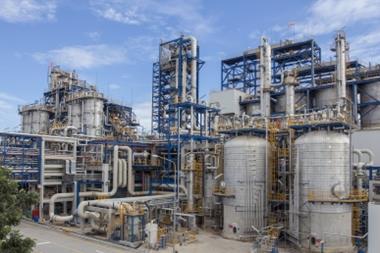
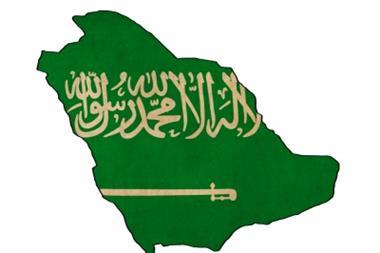
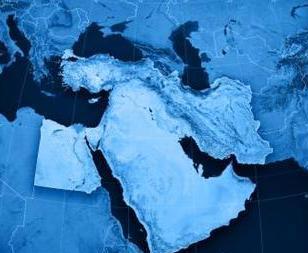




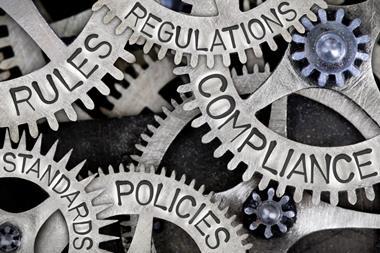







No comments yet